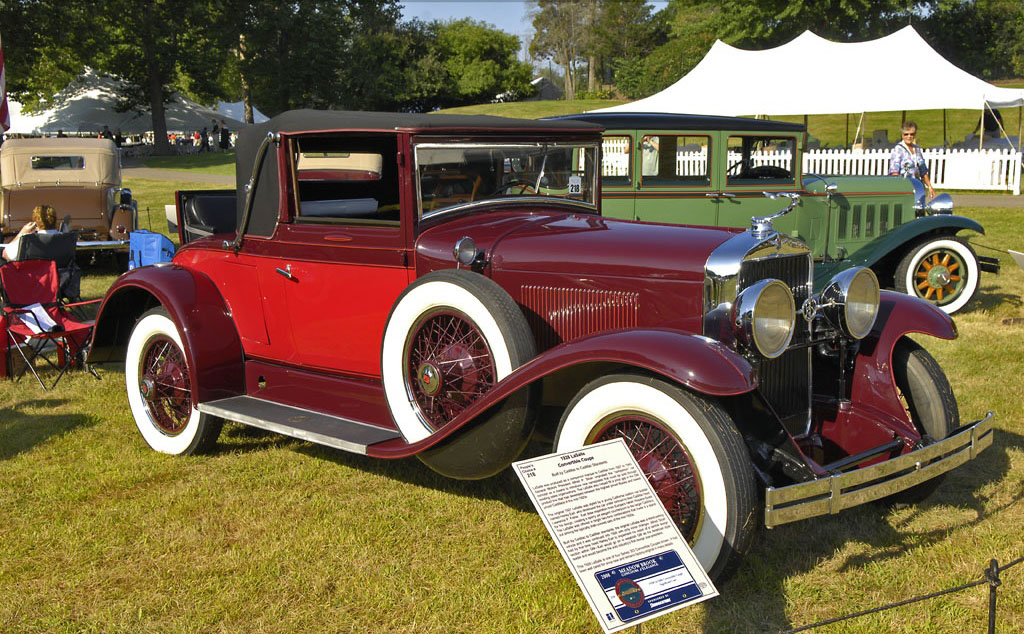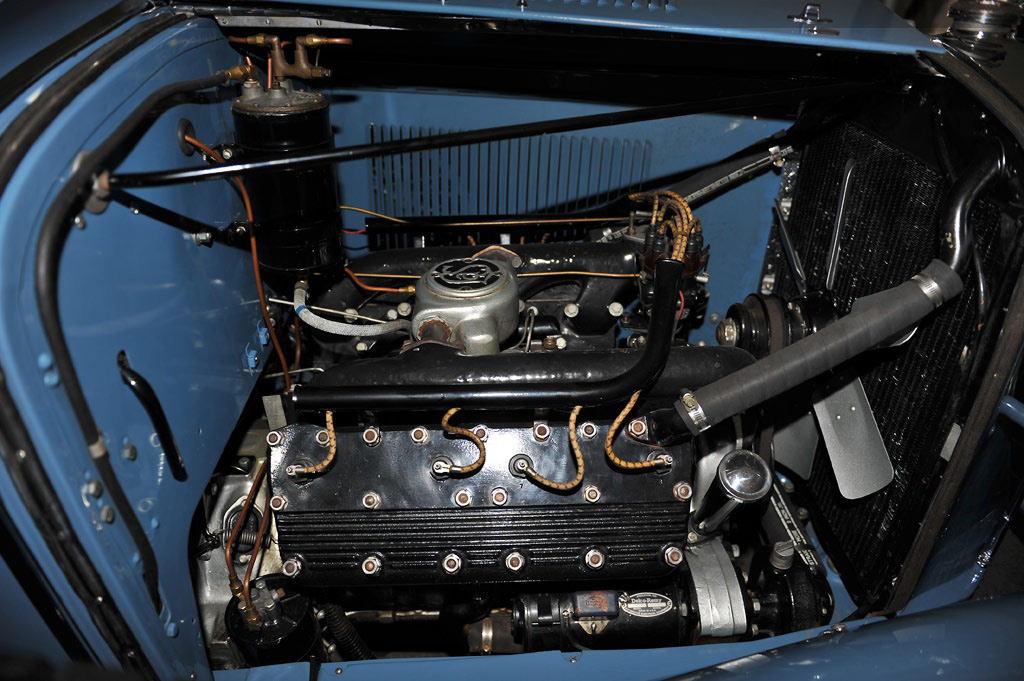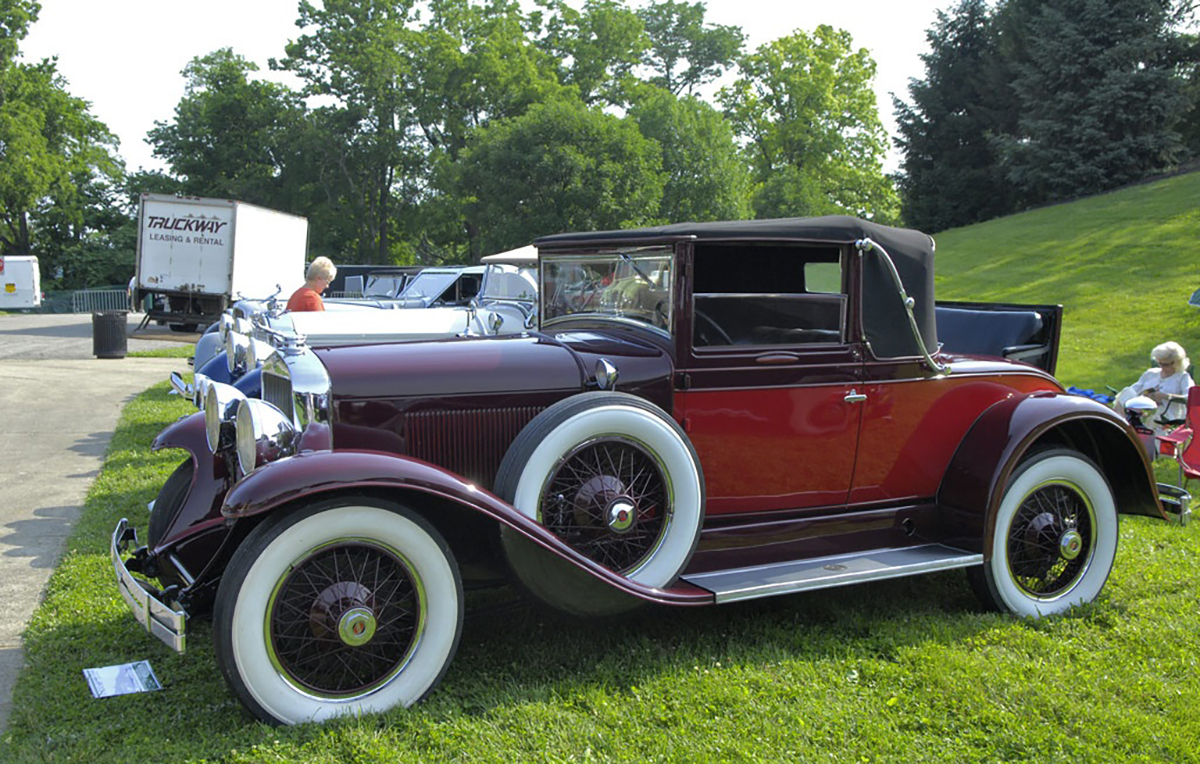The 1928 LaSalle Model 303 Convertible Coupe, an iconic vehicle produced from 1927 to 1940, stands as a testament to automotive excellence. As a companion marque to Cadillac, LaSalle was introduced to bridge the gap between Buick and Cadillac models in terms of both price and features. This article delves into the fascinating history and unique qualities of the 1928 LaSalle Model 303 Convertible Coupe, a car that remains a symbol of style, innovation, and luxury.
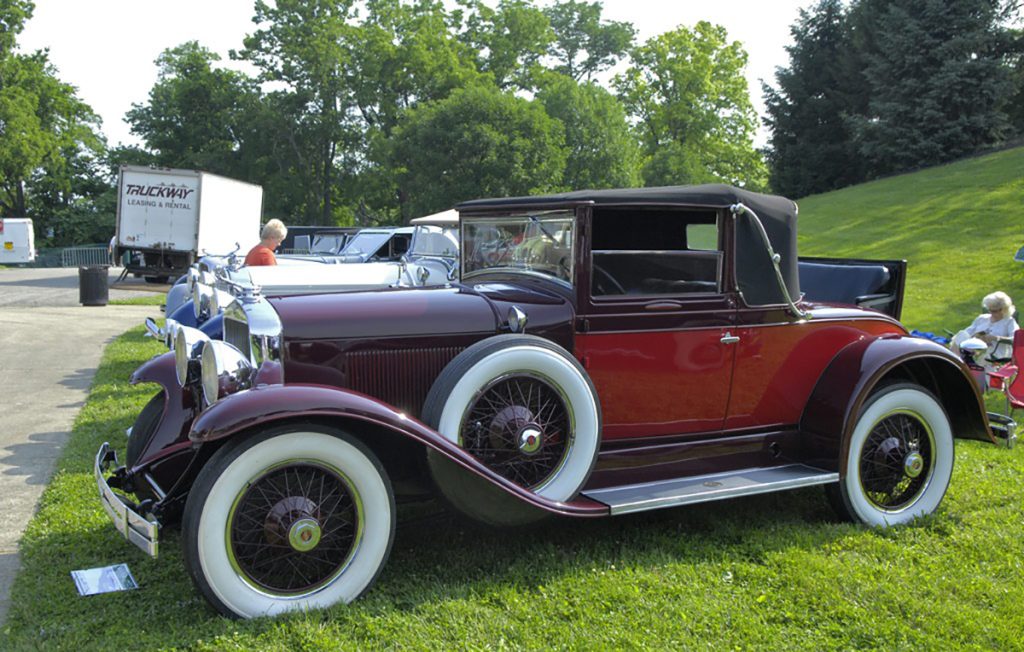
The Birth of LaSalle
LaSalle: A Companion Marque
LaSalle came into existence thanks to General Motors President Alfred P. Sloan, who introduced the concept of “companion” cars. These companion vehicles were designed to be sold through existing sales organizations, expanding the range of offerings available to customers. LaSalle filled a critical price gap that had emerged in the GM product line during the mid-1920s, sitting between the highest-priced Buicks and the lowest-priced Cadillacs.
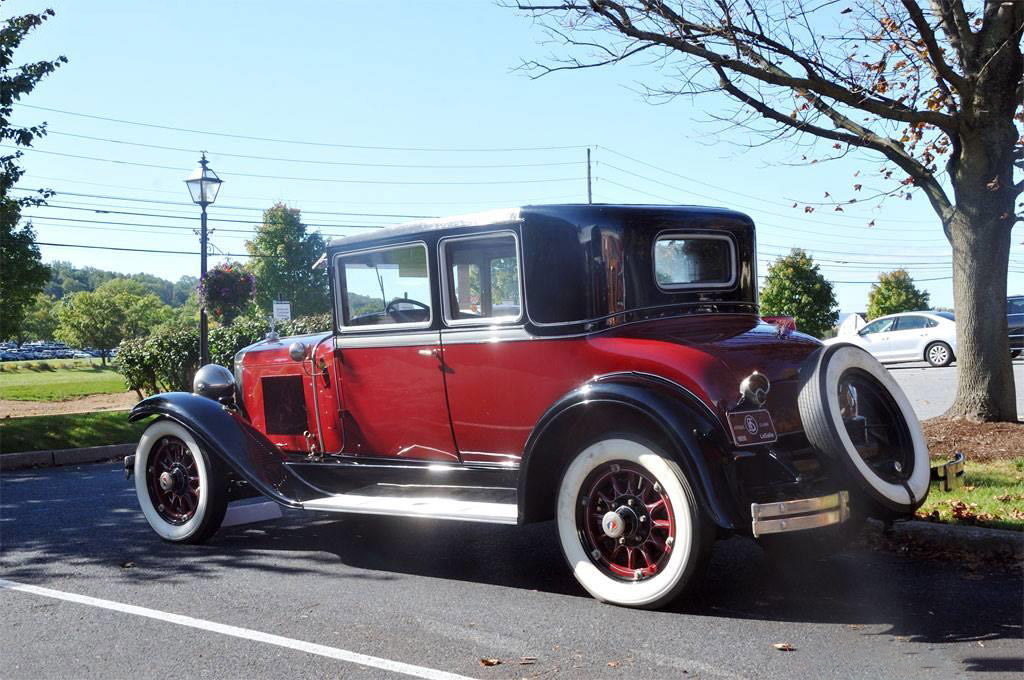
Harley Earl and the Design Revolution
The original LaSalle, launched in 1927, was the brainchild of Harley Earl, a talented California custom car builder. Under a contract with Cadillac head Lawrence P. Fisher, Earl drew inspiration from the sleek lines of Europe’s Hispano-Suiza, resulting in a sporty and elegant design that beautifully complemented the larger Cadillacs of the time. Unlike the predominantly dull-colored cars of the era, LaSalle cars stood out with their vibrant two-tone combinations.
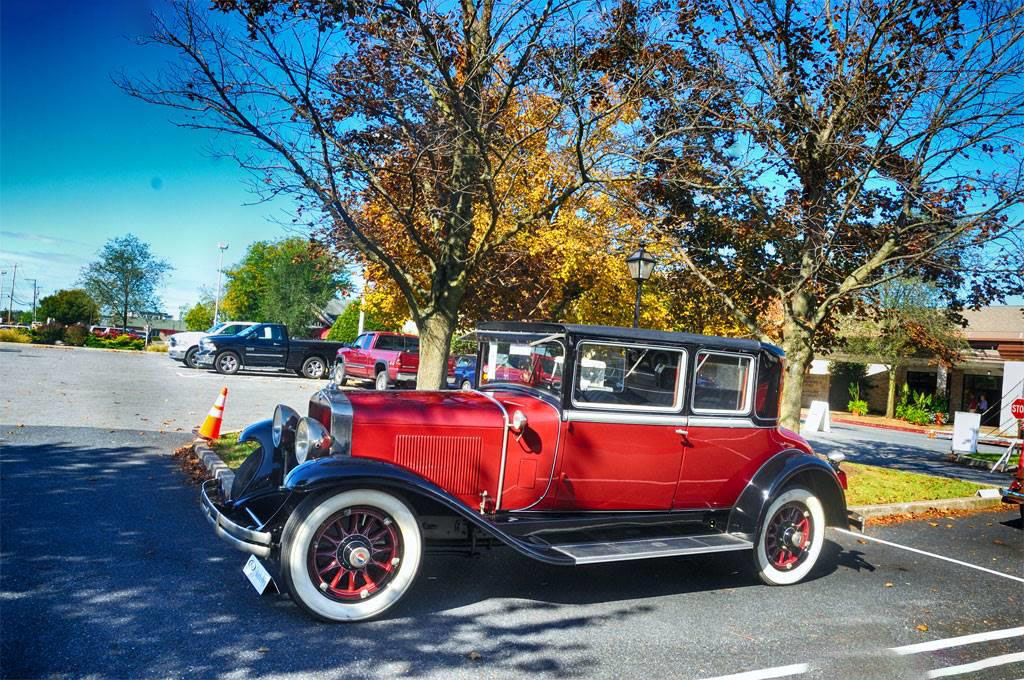
The Rise of LaSalle
LaSalle’s Impact on GM Design
Building on the success of the original LaSalle, Alfred Sloan hired Harley Earl to spearhead GM’s design department. Earl’s visionary leadership would establish GM as the leader in American automotive style, making him the industry’s first design vice-president. The 1928 LaSalle, which carried forward many of the original design elements, remained a trendsetter in the automotive world.
A Unique Gem: The Series 303 Convertible Coupe
Among the various LaSalle models, the 1928 Series 303 Convertible Coupe stands out as an exceptional rarity. With only four known examples, this particular model has been meticulously maintained since its inception and retains many of its factory-original details. Its significance lies in being considered the first American car to be styled from concept to production, setting a new standard for the industry.
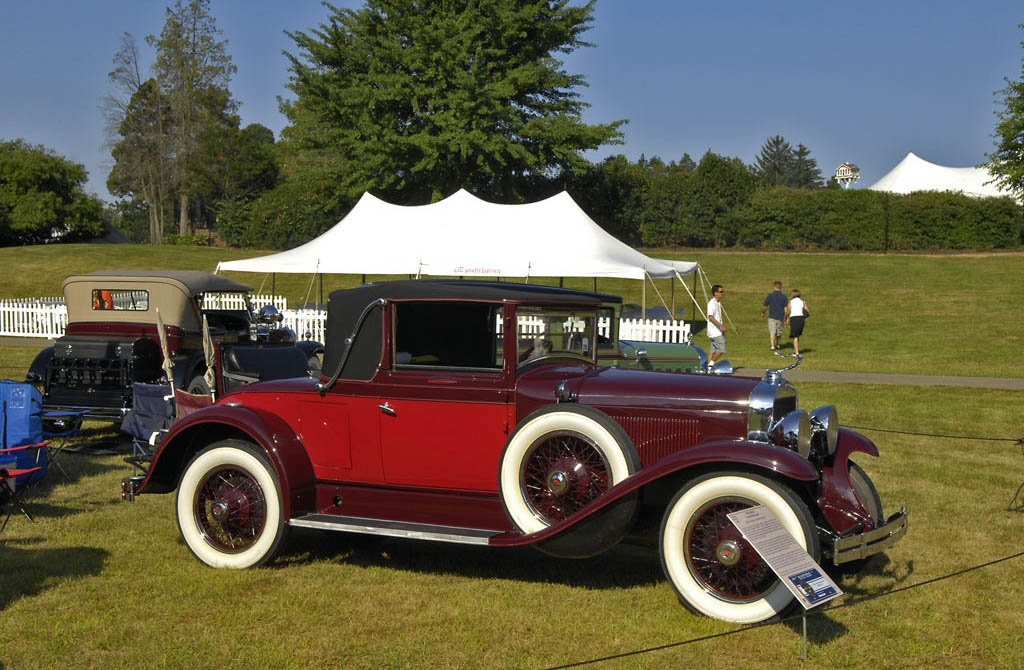
LaSalle’s Enduring Legacy
LaSalle: A Name with Historical Significance
The LaSalle brand, introduced in March 1927, drew its name from the renowned French explorer of the seventeenth century, who boldly claimed the entire Mississippi River basin. The choice of name emphasized the car’s spirit of exploration and adventure, reflecting its role as a pioneer in the automotive world.
Shaping the Luxury Market
During the mid-1920s, the demand for owner-driver cars surged, leading luxury marques like Packard to develop vehicles that catered to this evolving market. LaSalle, as part of Sloan and Fisher’s strategy to expand Cadillac’s reach, sought to combine the attributes of premium vehicles with the practicality of entry-level models. This approach proved successful, making LaSalle a popular choice among discerning customers.
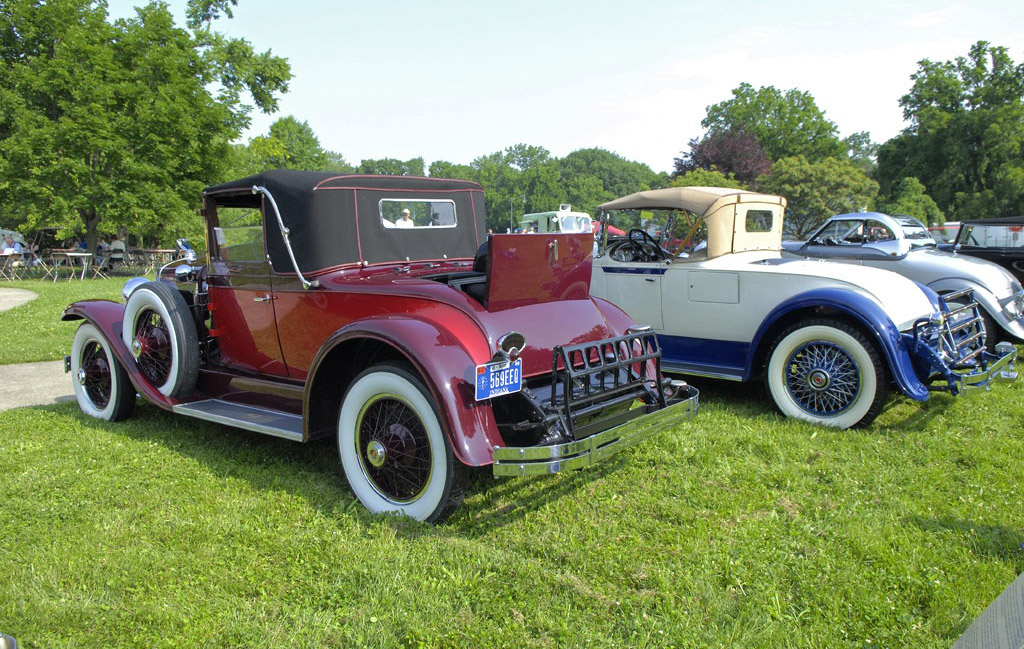
LaSalle’s Evolution and Final Years
Companion Marques: A Wider Market Reach
LaSalle was not the only companion marque in the automotive industry. Other manufacturers, such as Hudson, Paige, and Nash, also adopted this concept to broaden their market share. General Motors followed suit, with most of its divisions having a companion make except for Chevrolet, which would eventually introduce Pontiac as a lower-priced companion to Oakland.
From Styling to Success
LaSalle’s designs, crafted by the talented Harley Earl, drew inspiration from the Hispano-Suiza and were truly ahead of their time. Although LaSalle models closely resembled Cadillacs, they offered a more affordable alternative, priced $500 less. However, this success eventually led to the decision to discontinue LaSalle and maintain Cadillac’s prestigious position in the luxury market.
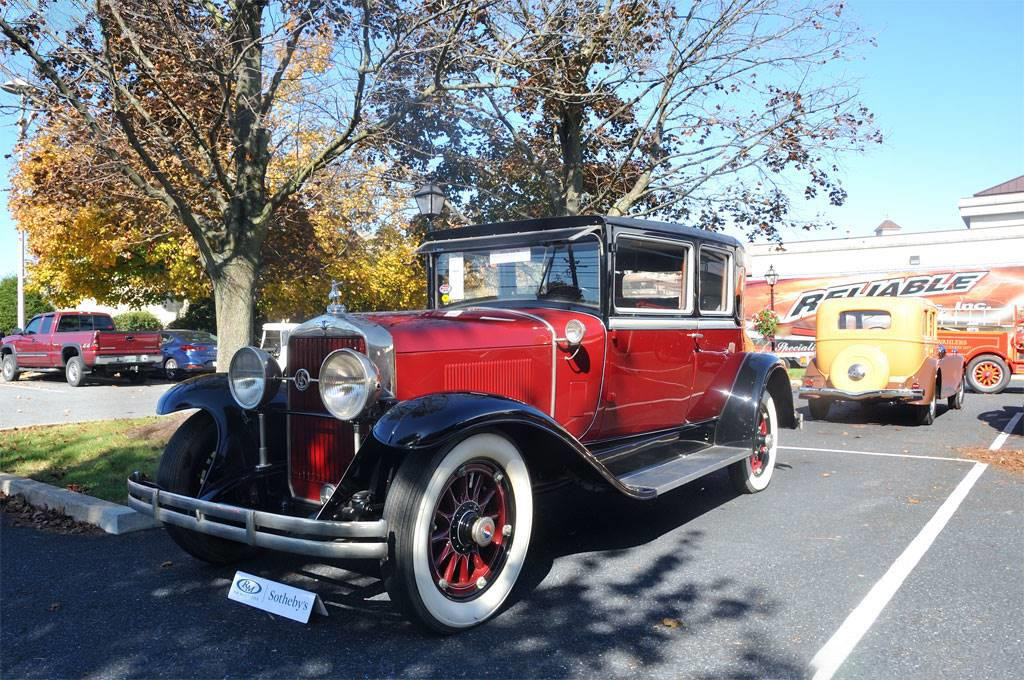
Conclusion
The 1928 LaSalle Model 303 Convertible Coupe stands as an enduring symbol of automotive excellence, combining style, innovation, and luxury in a single package. LaSalle’s introduction as a companion marque to Cadillac revolutionized the industry, filling a price gap and capturing the hearts of car enthusiasts worldwide. While LaSalle may no longer grace the roads today, its legacy lives on in the hearts of automotive connoisseurs, forever cherished as an icon of its time.

FAQs
1. What made the 1928 LaSalle Model 303 Convertible Coupe unique? The 1928 LaSalle Model 303 Convertible Coupe was a trend-setting vehicle, known as the first American car to be styled from concept to production. Its sleek design, inspired by the Hispano-Suiza, combined sportiness and elegance.
2. How did LaSalle contribute to the luxury market? LaSalle aimed to provide customers with the luxury features of premium vehicles while maintaining the affordability of entry-level models. This approach made LaSalle a popular choice among luxury car buyers.
3. What led to the discontinuation of LaSalle? Although LaSalle enjoyed significant success, the decision to discontinue the marque was made to preserve Cadillac’s esteemed position in the luxury market.
4. Who was Harley Earl, and what impact did he have on LaSalle’s design? Harley Earl, a renowned California custom car builder, was instrumental in shaping LaSalle’s design. His visionary approach, drawing inspiration from Europe’s Hispano-Suiza, revolutionized automotive styling and solidified GM’s position as a leader in design.
5. How many LaSalle Model 303 Convertible Coupes were produced in 1928? A total of 14,806 LaSalle Model 303 vehicles were sold in 1928.


